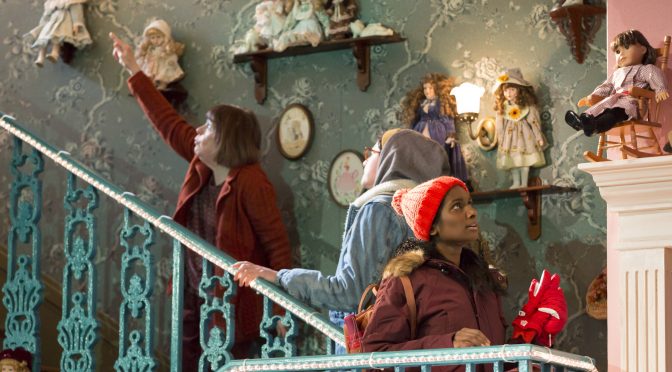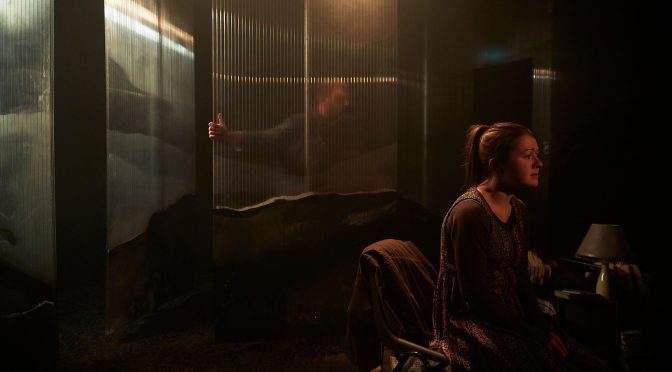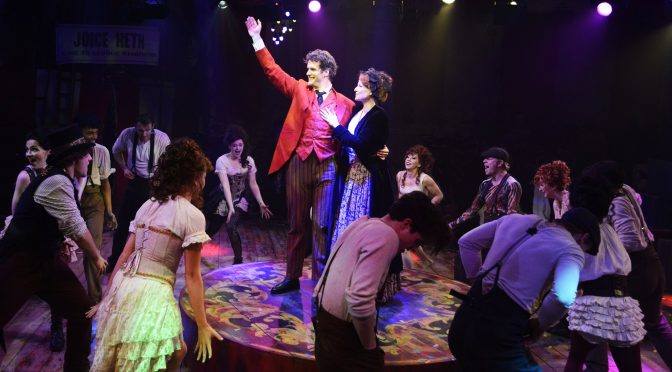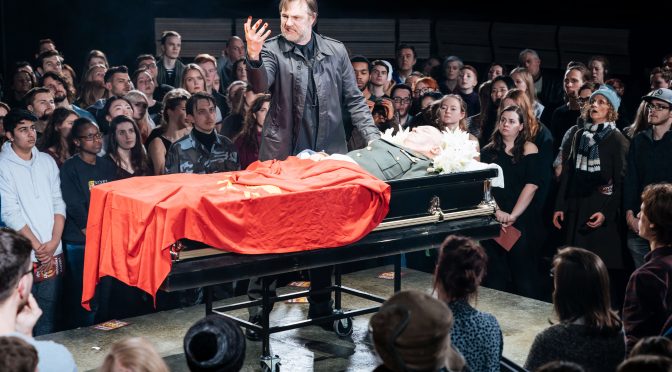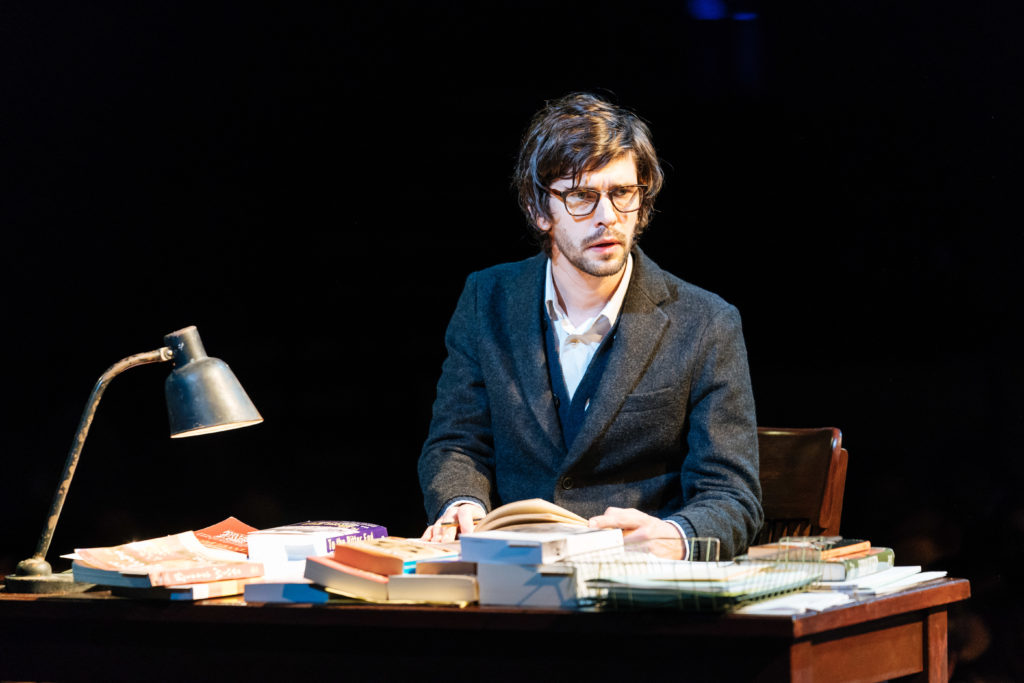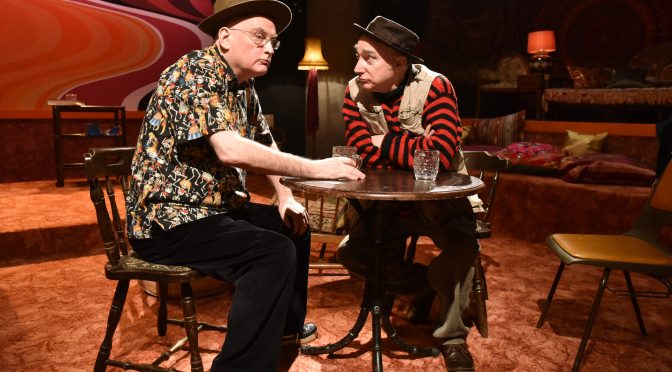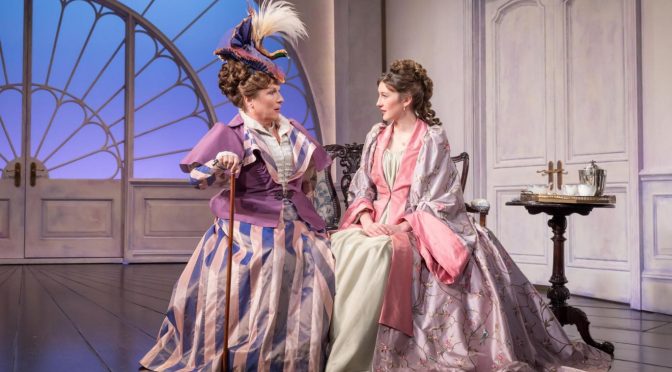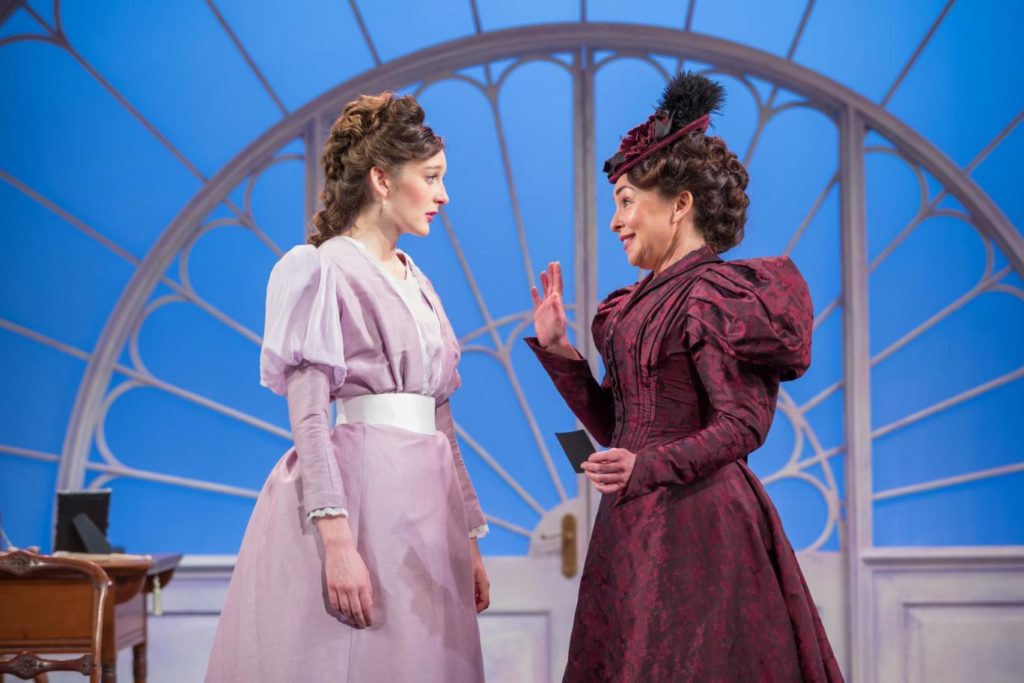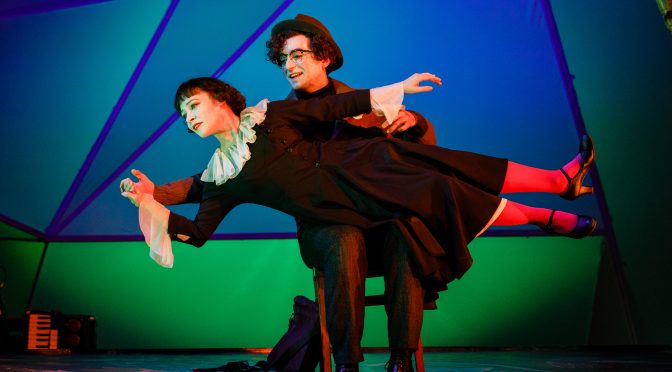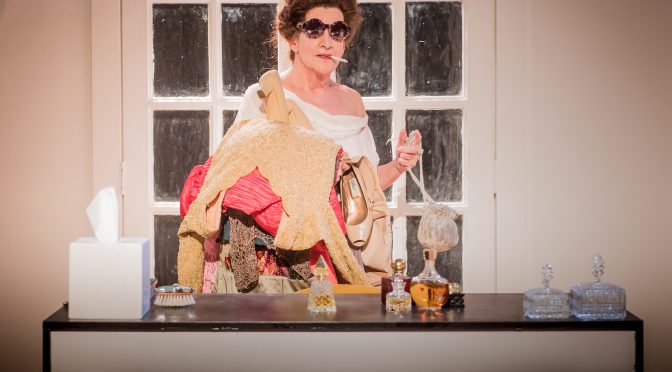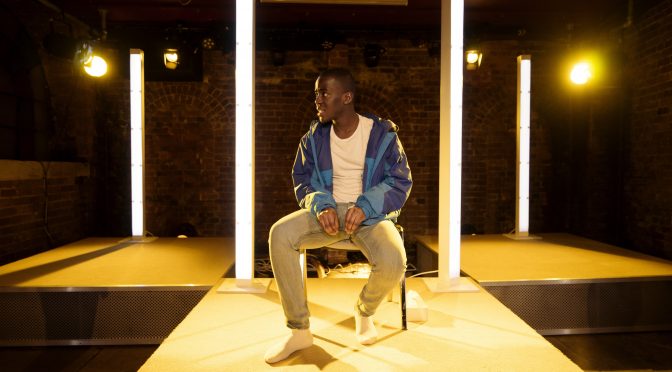Annie Baker’s new play is probably the best show at the Dorfman Theatre since… the last play by Annie Baker was staged there. This is a major writer with a unique voice, forging works of originality, distinguished by intelligence, humour and a distinctive quietude.
John has the bare bones of a plot: a couple, whose relationship is on the rocks, visit a guest house for a weekend break. It’s a more a scenario than a story. Not a lot happens and you spend plenty of time watching people eat biscuits. But the play is so fecund with ellipses and questions it feels perfectly replete.
Jenny and Elias are the solipsistic couple on the verge of breaking up, Anneika Rose and Tom Mothersdale deliver crafted portrayals of these neurotic Millennials, bringing out a lot of gentle jokes. Neither is very appealing, with cares and concerns that are all of the moment. The real stars of the play are the two much older characters: the B&B’s owner, Mertis, and her friend Genevieve. Marylouise Burke plays the kooky proprietor to perfection, being adorably endearing and deeply mysterious. It’s an appropriately detailed performance, full of nuance and control. In her smaller role, June Watson excels in delivering the jokes with dead-pan perfection. Don’t rush to the bar too quickly after the second act, as Genevieve’s monologue after the curtain has fallen is not to be missed.
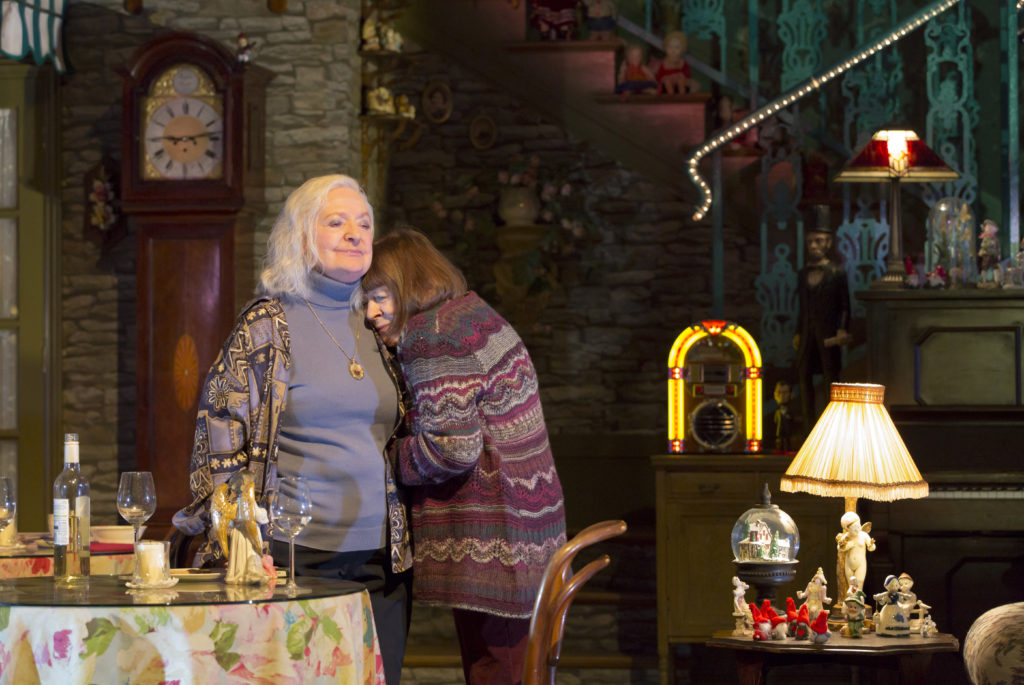
The giant red curtain is opened and closed by Burke for each act, nicely summarising Baker’s extreme and playful approach to naturalism. The dialogue rings true, even when there are flights of fancy, and the pacing is slow, emphasised by a ticking clock and Peter Mumford’s lighting design. Restraint is the key, which places the burden on the cast and director James Macdonald. Resisting temptation, not an action feels rushed, as that would break the spell. John has a strange magic.
This is a three-hour play that doesn’t feel a moment too long. The one-room set with its excess of gewgaws comes to fascinate as it embodies Mertis’ object-orientated ontology. From the dolls she collects to the sunsets she contemplates, all matter is alive. Talk of ghosts and the battle of Gettysburg, along with personal histories full of playful parallels, are all toyed with – and debunked. Downright puzzles and unanswered questions abound. Here is a real naturalism – a new kind – that creates a play unlike any other.
Until 3 March 2018
Photo by Stephen Cummiskey

